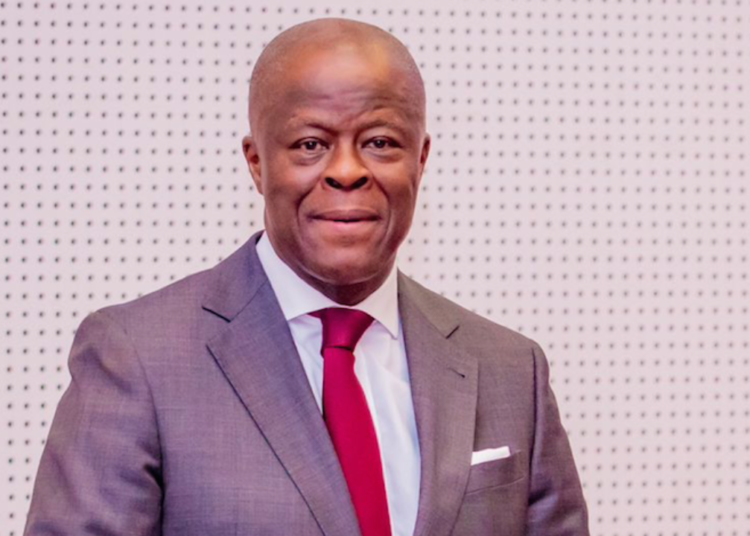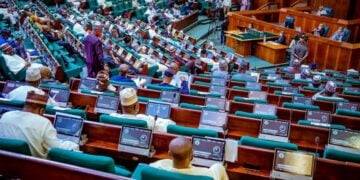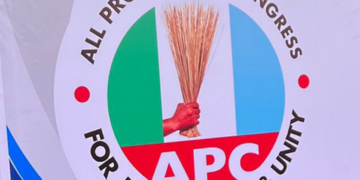The Minister of Finance and Coordinating Minister for the Economy, Wale Edun, on Wednesday, announced that Nigeria was seeking to raise nearly N150bn to fund vaccine procurement for 2025 and 2026.
Edun revealed this at the 2025 Joint Annual Review of the Health Sector, themed “All Hands, One Mission: Bringing the Nigerian Health Sector to Light.”
LEADERSHIP reports that the Joint Annual Review is one of Nigeria’s most important accountability platforms for the health sector, convening stakeholders to review progress, assess performance, and align priorities for the year ahead.
Edun said, “The health sector budget in 2025 rose by nearly 60 per cent, and the Basic Health Care Provision Fund has more than doubled from $31.5bn in 2024 to $298bn, nearly $299bn in 2026.
“Similarly, with immunisation, we are actively seeking to raise additional funds, maybe around almost $150bn to cover vaccine procurement that is needed for 2025 and 2026. We also know that the budget for health is well over five per cent — 5.2 per cent of the national budget, up from just over three per cent a couple of years ago. So, health is being prioritised.
“Our commitment is to close the gap between appropriation and the release of funds.”
The minister added that it was crucial to maximise domestic resource mobilisation, as today’s world depends heavily on multilateral and global collective efforts.
Edun, however, noted that reforms and funding would not be fully effective without the participation of state and local governments, urging them to increase spending on health and education to complement federal initiatives.
On his part, the Coordinating Minister of Health and Social Welfare, Prof. Muhammad Pate, said the Federal Government was intensifying efforts to reduce reliance on foreign aid, promote local solutions, and strengthen domestic production of medicines, vaccines, and health technologies.
He added that the government aims to ensure state and local governments increase investments in health, education, water, sanitation, and nutrition.
“This is consistent with the President’s ward-based development approach, which is perhaps the most practical strategy for lifting communities across Nigeria,” he said.
The minister also highlighted innovative financing options under consideration.
“We are exploring fiscal measures on sugar-sweetened beverages, public-private partnerships, and digital solutions that enhance transparency and accountability in the use of health funds.
“By combining domestic resources, local engagement, and measurable outcomes, Nigeria is steadily building a health system that is resilient, inclusive, and responsive to the people it serves,” Dr. Pate said.





